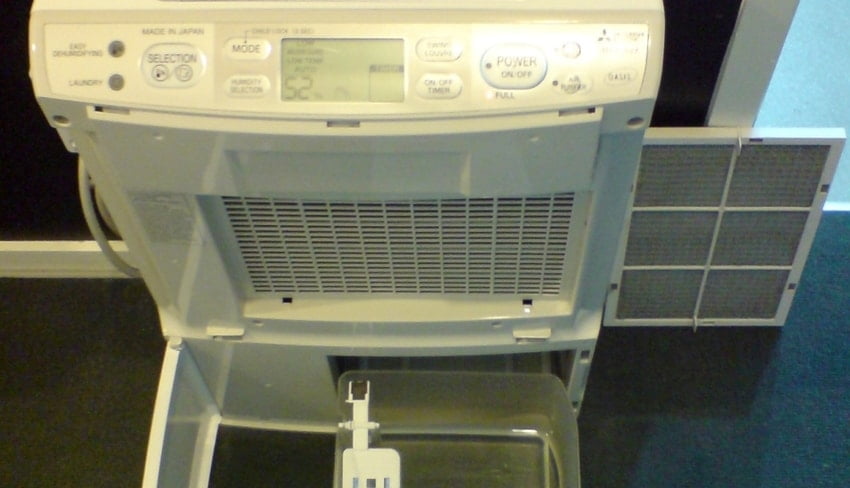Last Updated on July 3, 2022
Refrigerant dehumidifiers have fundamentally two moving and noise generating components: fan and compressor. In all dehumidifiers compressor cycles On and Off during operation. But what about blower fan. Does dehumidifier fan run continuously or it cycles with compressor?
Dehumidifier fan may or may not run continuously depending upon its manufacturer and model. Generally, a dehumidifier with blower fan that cycles with compressor has lower efficiency, more power intake and slower humidity detection but generates less noise compared to continuous fan dehumidifier.
If dehumidifiers that have continuous fan operation are prompter and more efficient, why would you want to use a dehumidifier with intermittent fan operation? There is one major reason for that: Noise.
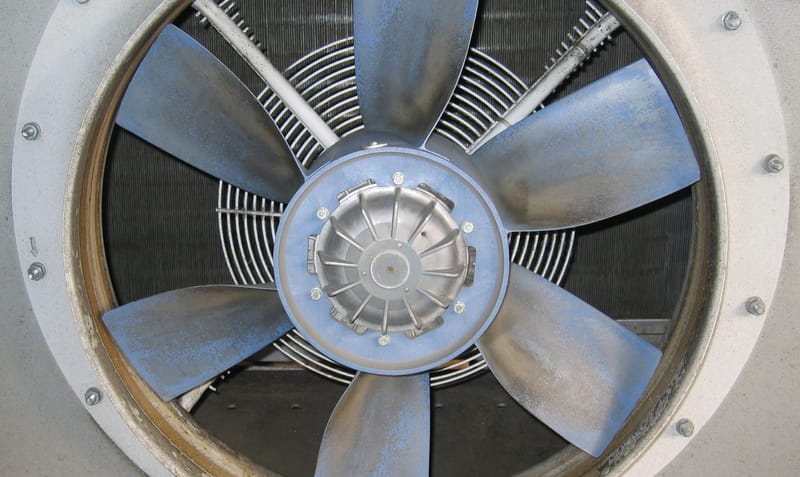
In this article, I plan to discuss this topic in detail. It will also help you decide which type of dehumidifier is suitable for you and why.
Further there is a possibility that blower in your dehumidifier is supposed to turn ON and Off but it doesn’t. The reasons include low temperature and obstruction to airflow. So, I have included measures to resolve this issue and reduce fan running time and noise. Hope you like it.
Why Your Dehumidifier Needs to Have a Blower Fan?
Condensation of water from air is possible when it comes in contact with cool dehumidifier coils. These coils need to be maintained at a temperature below what is called dew point.
Dew point is the minimum value of temperature, that is required by dehumidifier coils, to extract water from atmosphere.
However, there is a mechanism that is required to move air through these low temperature coils. This is where blower or fan gets its job in a dehumidifier.
Rotation of blower fan develops a consistent flowrate of humid air from the room into inlet of dehumidifier, through the coils and out of outlet.
Note: The term ‘blower’ is also used interchangeably with ‘fan’. The difference in between them is mainly in design. However, both perform same function i.e., generating forced airflow.
Importance of Flowrate Generated by Your Dehumidifier Fan
An adequate and consistent flowrate of air is crucial through the unit. Actually, low levels of air than required flowing through your dehumidifier will cause freezing of evaporator coils.
This will cause dehumidifier compressor to stop functioning until ice on evaporator coils melt.
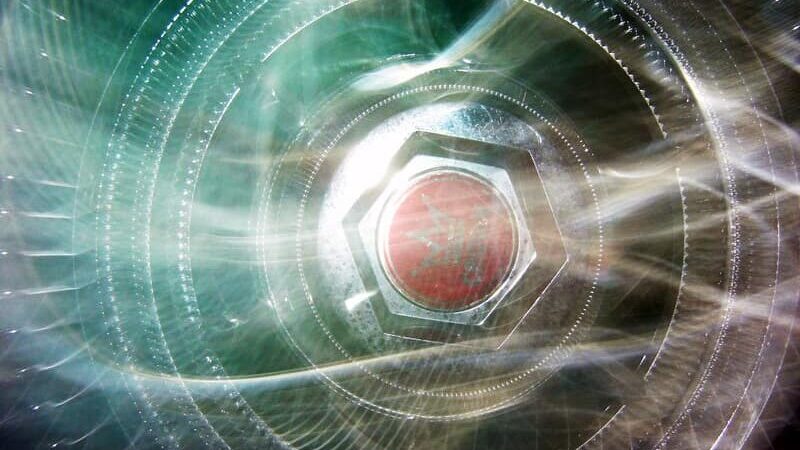
After ice melts and compressor restarts, if airflow is still restricted, your appliance will turn compressor Off again. Resultantly, your dehumidifier will never achieve required humidity, due to its inability to complete dehumidification cycle.
This is the one of the reasons why proper functioning of blower fan is important for your dehumidifier to work properly.
Is Dehumidifier Fan Supposed to Run Continuously?
After your dehumidifier has achieved target relative humidity in a space, there is no need for the dehumidifier to run.
So, dehumidifier fan should turn off right…
However, it’s a bit more complicated. Let me explain it for you.
Actually, dehumidifier compressor runs only to reduce temperature of evaporator coils. After that low value of temperature below dew point is attained, compressor will turn Off regardless of room humidity level.
However, after compressor clicks Off, dehumidifier blower fan will have to keep running, to pull air through the dehumidifier from the room, in order to completely dry it to recommended relative humidity.
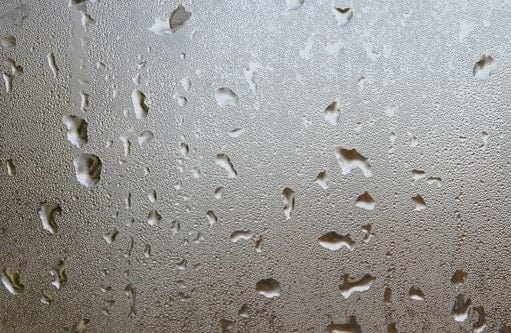
Thereby, even after dehumidifier compressor has turned Off, fan will keep running until required humidity levels are maintained in the room, even if your dehumidifier is programmed to run its fan intermittently.
Only after that dehumidifier fan may turn Off.
Why Blower Fans in Some Dehumidifiers Will Never Turn Off?
There are so many dehumidifier units by different manufacturers in the market that are programmed to run their fans continuously.
This means blower fan in such a dehumidifier will never turn Off, even after required humidity is maintained in a room or space that they are supposed to cover.
Benefits Of Dehumidifier That Runs Fan All the Time
- Dehumidifier fan running all the time, regardless of humidity levels, will usually be a little more efficient.
The reason is that it will be measuring humidity levels constantly. This will allow it to run compressor more appropriately resulting in less power take. - Dehumidifiers that have intermittent fan operation cycle fan On and Off after regular intervals of time, to sample air in order to detect humidity in it.
If blower fan is running continuously, it would allow dehumidifier to measure humidity constantly. As a result, detection of humidity changes will be much quicker.
Why You Still May Not Want Dehumidifier Fan to Run Continuously?
There are drawbacks due to blower fan of dehumidifier running all the time too.
It may sound counterintuitive, but I would not consider more power intake by dehumidifier fan, due to continuous operation, as a drawback.
This reason is that increase in power consumption by continuously running blower fan is very miniscule and undermined by reduced power by compressor due to lesser and efficient operation.
Most prominent and the one that may bother you is Noise by continuous running of blower fan.
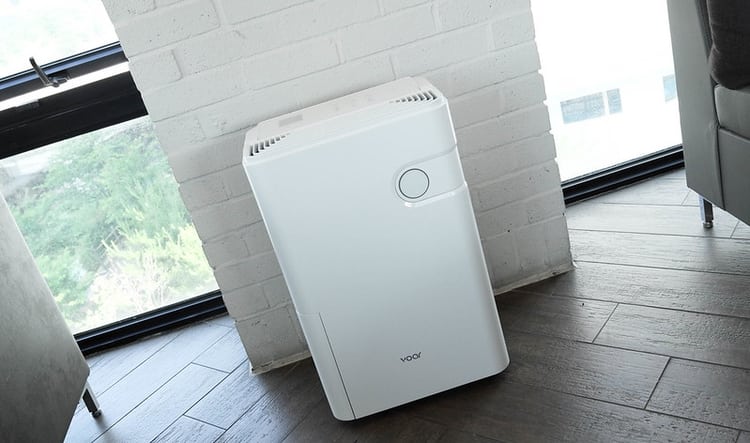
In dehumidifiers that have intermittent fan operation, after required relative humidity in the space is achieved and there is no need to dry air anymore, fan will turn off few minutes after compressor turns off.
Neither compressor nor fan will be running at this stage. However, for continuous fan dehumidifier, you will always hear fan running. There is no way to prevent fan operation in them.
Worry not, if you have continuous fan dehumidifier. Later in this article, I will share some cool tips and ways that will help reduce your dehumidifier noise.
How to Reduce Dehumidifier Fan Running Time (Compatible Units Only)?
If you are using a dehumidifier with fan that cycles On and Off, you can take some actions to reduce time for which fan runs.
With useful tips, I have also included some simple checks that may reduce blower fan running time.
1. Adjust Dehumidifier Blower Fan Speed
Selecting higher fan speed will cause your dehumidifier to dry air in the room quicker.
Higher speed of dehumidifier fan, with intermittent fan operation, means that blower fan will turn Off earlier and thereby run for smaller interval of time.
However, reducing time for which fan runs, by increasing its speed, will come at the expense of more noise due to greater RPM.
2. Leave Adequate Space Around Dehumidifier
There is certain space required around dehumidifier unit, specifically in front of inlet and outlet, to operate properly.
Usually, space requirement at inlet is lesser compared to outlet. But regardless of that if it lower than dictated by manufacturer, it would cause lowering of flowrate of air and eventually freezing of coils.
Frosting, as I said earlier, leads to extended fan running time. Solution is as simple as repositioning your dehumidifier unit.
3. Clean Your Dehumidifier Filter
A dirty blocked dehumidifier filter can result in restriction to airflow over cooling coils.
Due to lower flowrate of air, not enough heat will be taken up by the coils and they will freeze. To resolve this, fan will have to run for more time to melt ice, with no compressor operation.
Give a look to your dehumidifier filters and clean them in routine. Many units have an indicator that tells when to do that. By doing this, you may be able to reduce running time of dehumidifier fan significantly.
4. Resolve Source of High Humidity
In dehumidifiers that support cycling of blower fan, one of the reasons why fan keeps running for very long time is high rate of increase in humidity in the room.
Keep windows and doors close when you run your dehumidifier. If after running consistently for many days, fan never turns Off, or if it does then for a very small time, I highly doubt it is due to weather. You have a source that is spreading moisture at a very high rate.
If this is the reason, most probably, it is due to internal problems like poor insulation, cracked foundations or water pipe leakages.
In that case, you should fix the particular moisture generating source, then use dehumidifier to level humidity in the room.
5. Unclog Dehumidifier Coils
After filter, air also passes through dehumidifier coils. If they are blocked, this too will lower airflow rate. Less air movement through coils will cause frosting. As a result, dehumidifier fan will run more than normal.
Technically, this will generate more noise too. I am actually writing an article about it, when it’s done, I will link it here.
By the way, there is a link between dirty filter and dirty coils. When dehumidifier filter is dirty, air will bypass from its side. Consequently, unfiltered air will block dehumidifier coils.
6. Temperature Too Low for Refrigerant Dehumidifier
Temperature well below lower operating limit of refrigerant dehumidifier will cause freezing of cooling coils.
Resultantly, as I said earlier, consequence of frosting is running of dehumidifier fan for longer time.
Generally, most manufacturers advice to run their dehumidifier units above 60°F (about 15°C). Find out more about working temperatures of dehumidifiers in this article.
Unfortunately, if this is the case, there are not many options, except to use a desiccant dehumidifier.
However, if you are using one unit for multiple spaces, try using it in warmer room and closer to a warmer spot.
How to Reduce Fan Noise by Your Dehumidifier?
Whether you have a dehumidifier that runs fan continuously, or it cycles On and Off with compressor, you can take some measures to reduce fan noise by your dehumidifier have given them below for you:
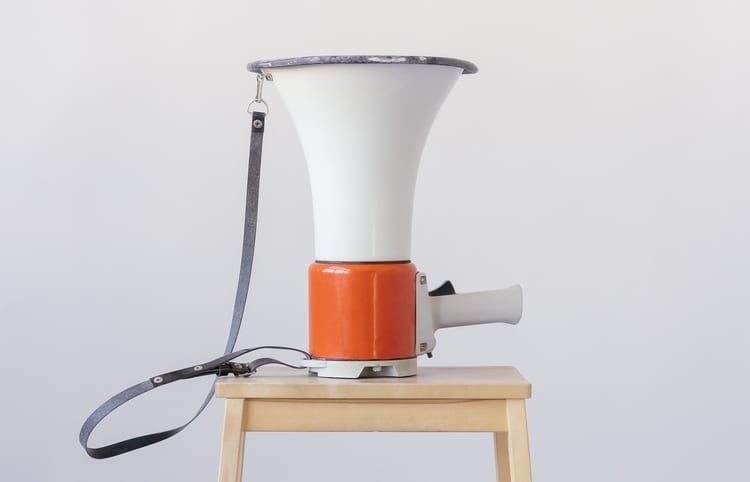
- Place dehumidifier on straight surface. Dehumidifier on uneven surface will cause it to vibrate during operation. It is not good for a dehumidifier to be tilted or angled, even when not running.
- If your dehumidifier makes noise, this might be due to loose components, screws and fixtures inside. You don’t have to give a detailed check, just roughly diagnose for loose components and tighten them, especially compressor mounting and blower fan.
- Keep suitable clearance around dehumidifier as told by manufacturer. Less space causes dehumidifier to work harder and it makes more noise.
- Regularly maintain cleanliness of dehumidifier filters and coils. Restriction to pass through causes air to make more noise and will also cause dehumidifier to work harder.
- Readjust your dehumidifier fan speed. Most dehumidifiers have two speed settings. Low speed setting is sufficient in normal conditions and generates minimum fan noise.
- There is a possibility of blower fan rubbing with housing or bad bearings for an abnormally loud noise from dehumidifier. Diagnosis for that is simple. Try turning wheel by hand to give it a rough check.
I will discuss this in detail in the article that I talked about earlier. I will link it here for you after I complete it.


